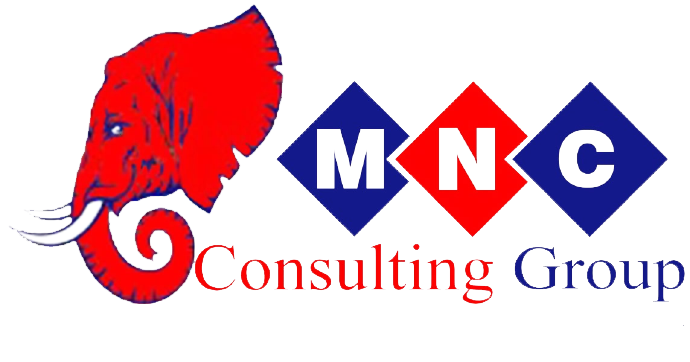
HR’s Role in Effective People Management (Recruitment to Retention)
- Article
- September 28, 2024
- No Comments
- administrator
Human Resources (HR) is the backbone of any successful organization. Beyond enforcing company policies and ensuring compliance with labor laws and safety regulations, HR professionals are responsible for key aspects like employee onboarding and performance management.
A strong HR department not only attracts top talent but also ensures they stay, creating a stable workforce that helps businesses stay competitive, even during tough times. So, how can HR leaders optimize recruitment and retention strategies in 2023 and beyond?
The Recruitment Process
In a highly competitive job market, where 9 out of 10 companies struggle to fill positions due to a widening skills gap, it’s crucial to refine recruitment strategies. To attract the right candidates, companies should consider:
- Where to advertise jobs: Posting vacancies across diverse channels like job boards, social media, and industry forums will expand your reach. Attend industry events and career fairs to connect with potential candidates directly.
- Job perks: With 98% of workers wanting some level of remote work, offering flexible work options is essential. Ensure your salary and benefits package is competitive with other companies in your sector and region.
- Skills assessments: Including assessments in the hiring process ensures you’re evaluating a candidate’s true abilities and fit for the job.
- Nurturing new talent: Internship programs can help identify and groom high-potential graduates, who can grow into valuable, long-term employees.
Training and Development
Effective training and development plans equip employees with the tools they need to thrive, which leads to increased productivity and job satisfaction. This is key to employee retention and long-term success.
Consider these strategies when developing your training programs:
- Foster a learning culture: Encouraging continuous learning can boost morale and support strong performance management.
- Conduct regular needs assessments: Evaluating skill gaps through performance reviews, surveys, or one-on-ones allows for targeted training that addresses real needs.
- Peer learning: Facilitating knowledge-sharing among employees is cost-effective and provides a comfortable setting for skill development.
- Stay current: In fast-changing industries, keep your training programs updated with the latest best practices and technologies.
Performance Management
A Gallup study reveals that at least half of U.S. workers are “quiet quitters,” doing just enough to get by. This lack of motivation is often tied to inadequate development opportunities, uninspiring work cultures, or feeling disconnected from company goals.
Here’s how HR teams can reignite employee engagement and boost performance:
- Track OKRs (Objectives and Key Results): Setting and tracking OKRs helps employees stay motivated and gives them a clear sense of accomplishment.
- Implement Performance Improvement Plans (PIPs): For employees struggling to meet expectations, PIPs offer a structured way to get back on track.
- Regular check-ins: Informal check-ins catch potential issues early and create an ongoing dialogue about performance.
Retention Strategies
Retaining skilled employees helps reduce recruitment costs and builds a more capable, experienced workforce. Here are some key strategies to consider:
- Strong onboarding: A comprehensive onboarding program increases the likelihood of employee retention. It should introduce the company culture, provide clear performance expectations, and offer growth opportunities.
- Address concerns quickly: Promptly addressing employee concerns reduces turnover by making employees feel heard and valued.
- Promote well-being: Offering flexible working arrangements, mental health resources, and wellness programs can keep employee morale high.
- Career development: Regular opportunities for advancement, mentorship, and professional growth will encourage employees to stay and contribute long-term.
Conclusion
In an era where attracting and retaining top talent is more critical than ever, a proactive and strategic approach to HR can make all the difference. By refining recruitment practices, investing in ongoing training, and implementing effective performance management, organizations can create an environment where employees feel valued and motivated. Emphasizing strong onboarding and career development not only enhances retention but also builds a resilient workforce ready to meet future challenges. Ultimately, HR leaders who prioritize these strategies will foster a thriving workplace culture that drives both employee satisfaction and business success. Adapting to the evolving needs of the workforce will ensure that organizations remain competitive in a rapidly changing landscape.
